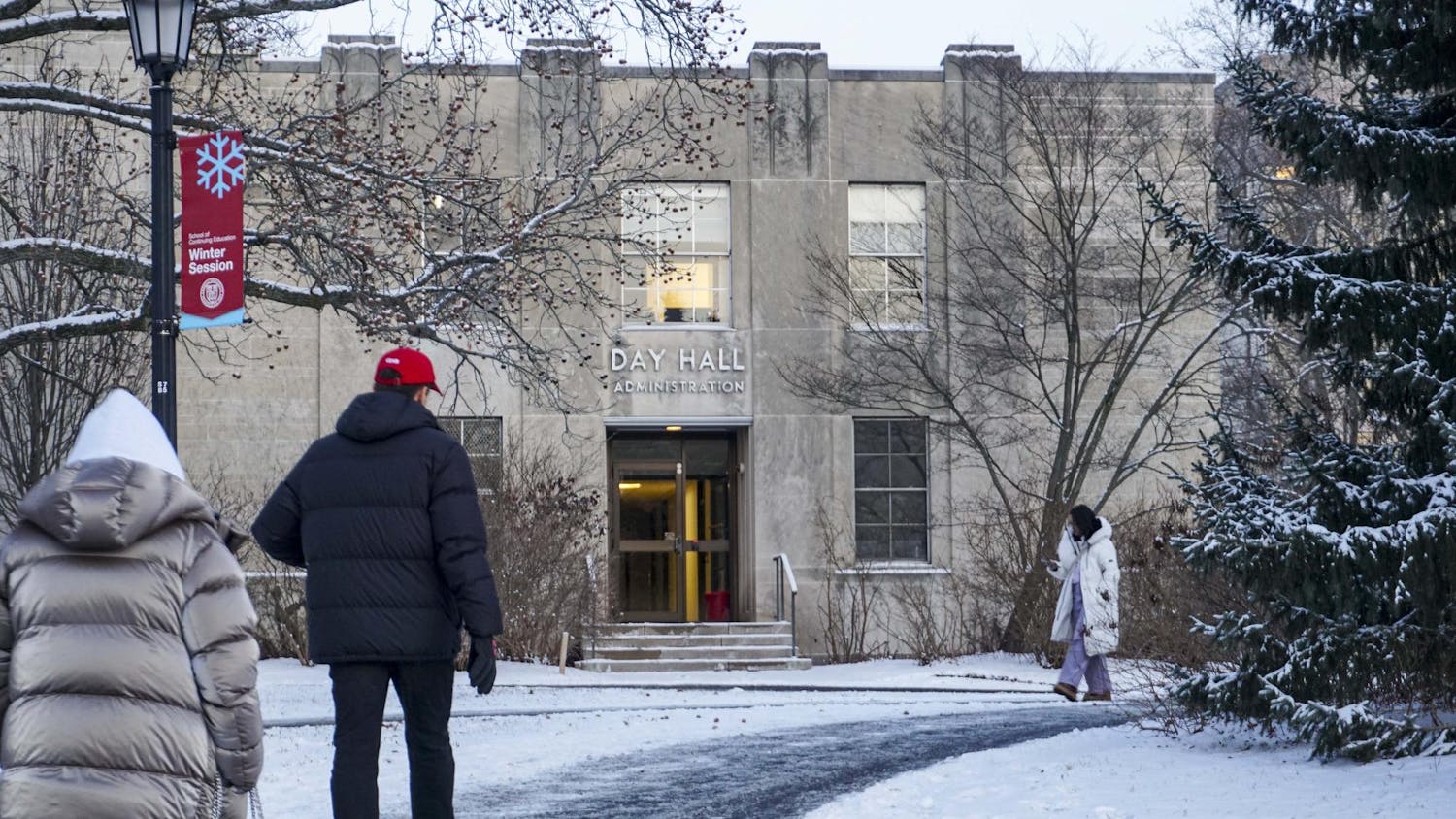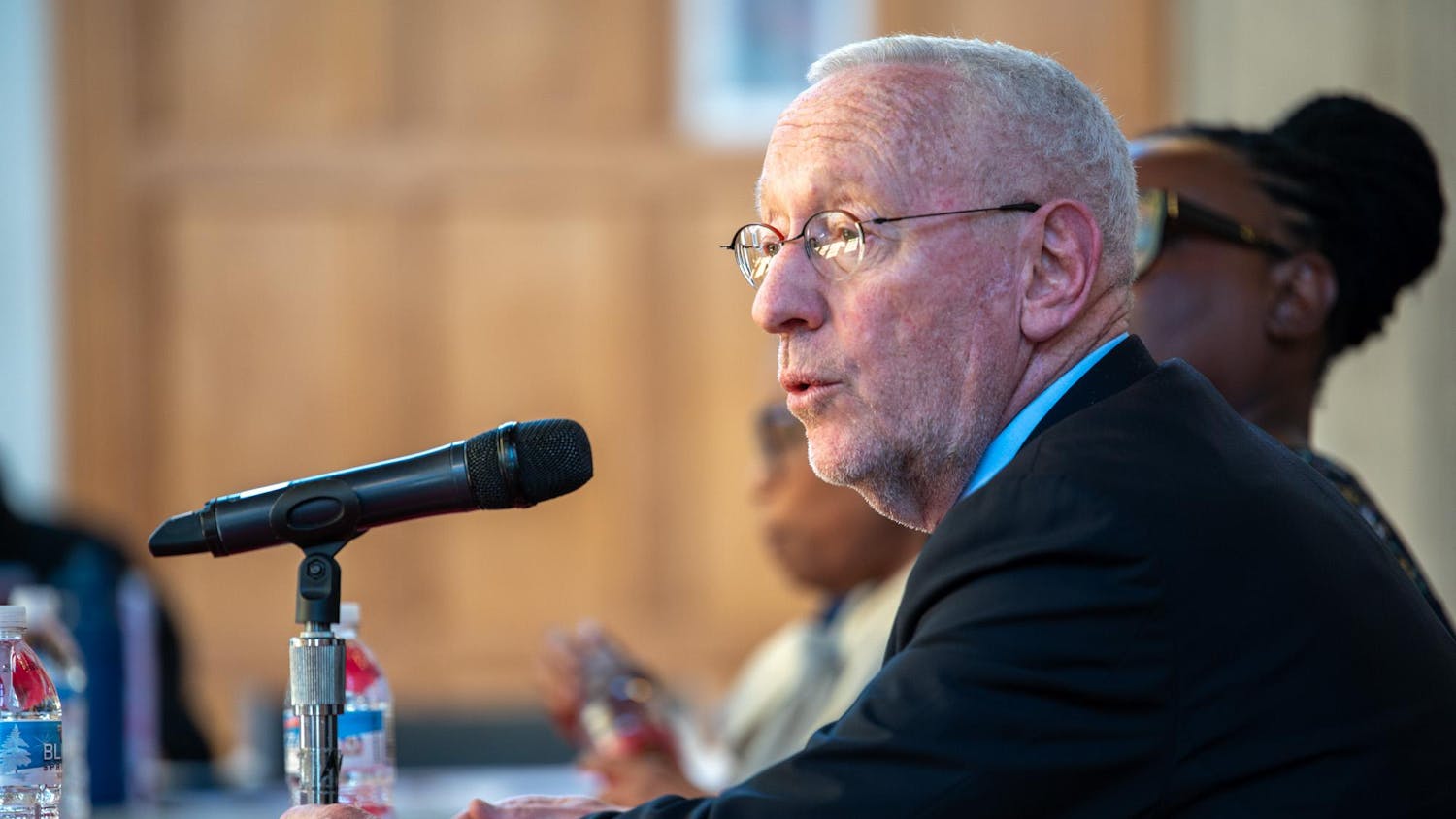Wendy Wright, a special education teacher at Lansing Elementary School, teaches her third and fourth graders about children from different cultures and backgrounds around the world.
As part of the Global Voices in Education program — a collaboration between the Southeast Asia Program and education minor at Cornell — Wright discussed her teaching on the Middle East to community members at Cornell on Wednesday.
Her lecture, “The Struggle for an Education: Teaching Malala and Pennies for Peace,” outlines her work informing her elementary school students on the lack of educational opportunities in countries such as Afghanistan, Pakistan and Tajikistan.
Wright said her students initially engage with the way the countries are pronounced, and then she uses visual aids — including the service learning program called Pennies for Peace — so children can navigate the Middle East through an online globe.
“It is important to notice where Pakistan and Afghanistan are in relation to the United States,” she said, noting that most of her students are able to identify India “from third grade geography lessons locating oceans and bigger nations.”
Wright said her students also learn about literacy rates between men and women and education budgets in various countries.
“Many children do not know about Afghanistan,” she said. “It’s scary and sad.”
Wright also teaches her students about Malala Yousafzai — the youngest Nobel Prize winner ever and a 20-year-old activist promoting female education in the Middle East — in hopes that when her students find themselves in difficult situations, they can follow Malala’s lead and “acknowledge the current situation, broadcast to others and call to action.”
Wright said that while she wants to teach more about the lack of education in the Middle East, she is restricted by her curriculum to spending no more than two school weeks on the topic.
In those two weeks, she said, she hopes to provide a greater understanding across cultures for her students.
“I would know if my students are successful if they have empathy — not sympathy — for girls living in Afghanistan and Pakistan,” she said, adding that if engaging in service learning opportunities is the way for students to “take the next step.”

Students in Local Teacher's Class Learn About Education Struggles in Middle East
Reading time: about 2 minutes
Read More










